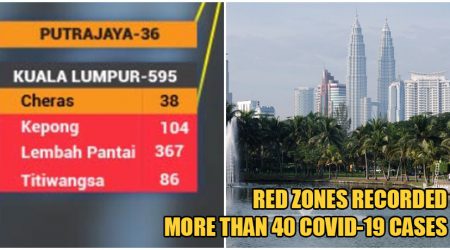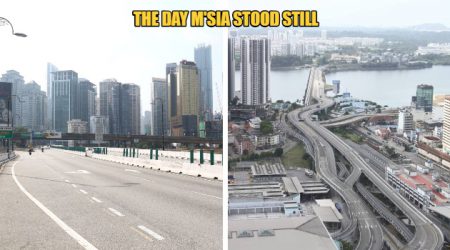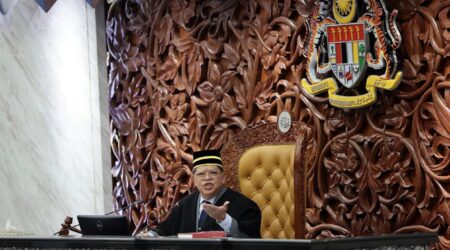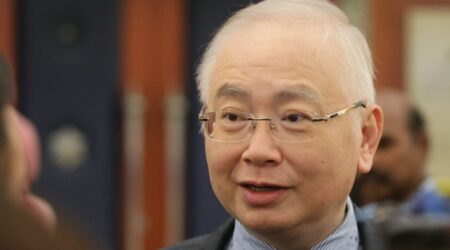Sabah govt failed to fight for state’s interests, let Putrajaya decide on labour issues, says Warisan veep
KOTA KINABALU: Warisan vice-president Datuk Junz Wong has hit out at the Sabah government for failing to protect workers as the RM1,700 minimum wage takes effect, warning that rising costs and inflation will burden businesses and consumers.
He said the state government should have fought for Sabah’s interests instead of letting Putrajaya decide policies that don’t fit the state’s economy.
He explained that Sabah has its labour ordinance that grants it the power to set such policies, but the GRS government chose to ignore this authority.
“We have our own Sabah Labour Ordinance, so why are we letting others decide our fate? Why are we not enforcing our own labour enactment?” he asked.
The Sabah Labour Ordinance, officially known as Sabah Cap. 67, enacted in 1950, is the state’s primary legal framework for employment, governing labour laws and regulations.
Wong said Sabah should have pushed its own policies instead of relying on federal councils where it has little or no representation.
“The federal government has a minimum wage council, but Sabah is not represented there and now Sabahans have to bear the consequences,” he said.
He said the state government appeared to have surrendered control to Putrajaya, ignoring that Sabah relies on labour-intensive, less-skilled jobs, unlike the Peninsula, where skilled workers benefit from productivity gains.
“In Sabah, we have more small businesses, and our industries rely on manpower, not skills, to generate income. I debated this in the state assembly,” he said, as he urged the state government to enforce the Sabah Labour Ordinance and set up its own labour and vocational training councils.
Meanwhile, Sabah Employers Association (SEA) president Yap Cheen Boon also opined that businesses would struggle with rising labour costs.
He warned that the situation will worsen with upcoming changes to labour laws and compliance regulations.
“With the minimum wage hike and the soon-to-follow amendments to the Sabah Labour Ordinance and Housing Act, labour costs will increase by more than 20%.
“This is not just about businesses paying more — it will impact the entire economy,” he said.
Yap said urban businesses, such as restaurants, would raise prices to offset wage costs, while essential goods in rural areas will also become more expensive.
“Such repercussions should have been foreseen before implementing the new minimum wage. But Sabah had no representation in these discussions. The policy is federal-centric and does not consider states that are still catching up, like Sabah,” he said.
Sabah United Chinese Chambers of Commerce (SUCCC) president Datuk Michael Lui also warned of rising unemployment, especially among workers without education or technical skills, as he foresees employers restructuring their workforce to cope with the change.
“My main concern is for those without skills or who haven’t completed school — it will be difficult for them. “Retrenchments will happen. The number of jobless people will rise,” he said.
Lui also claimed that the matter will affect the chances of Sabah securing new foreign investments, saying that Sabah is already “unattractive” with higher infrastructure costs compared to other regions.
“We pay higher rates for water and electricity, yet our infrastructure is poor. Foreign investors already compare us unfavourably to the Philippines, Vietnam, Laos, Cambodia, and Indonesia, where wages are lower at RM1,200 or RM1,300.
“Now, with RM1,700 as the minimum wage, Sabah is even less attractive,” he said.
He urged the Sabah government to work with businesses and create policies that support employers without driving away investment.













Leave a Reply